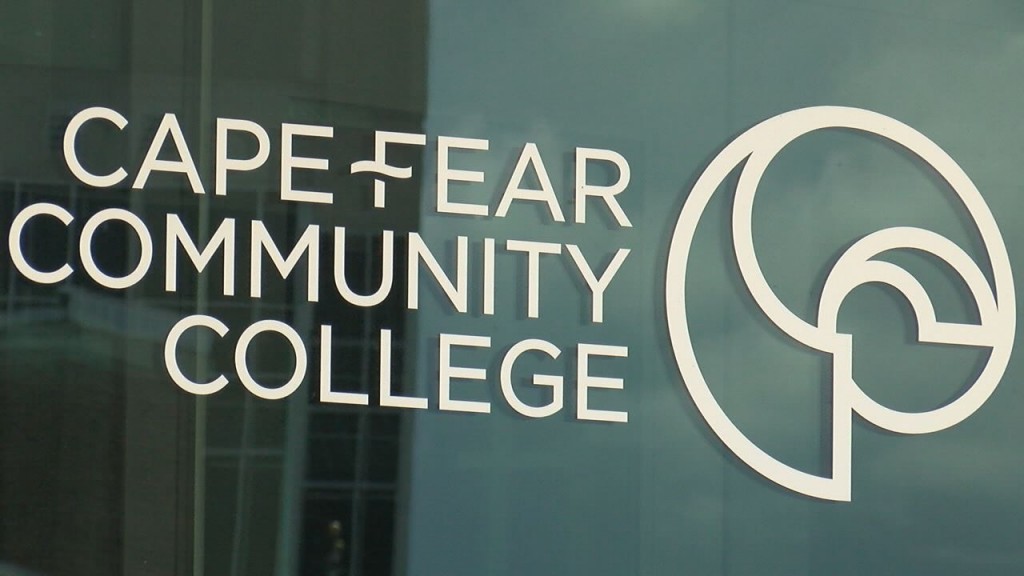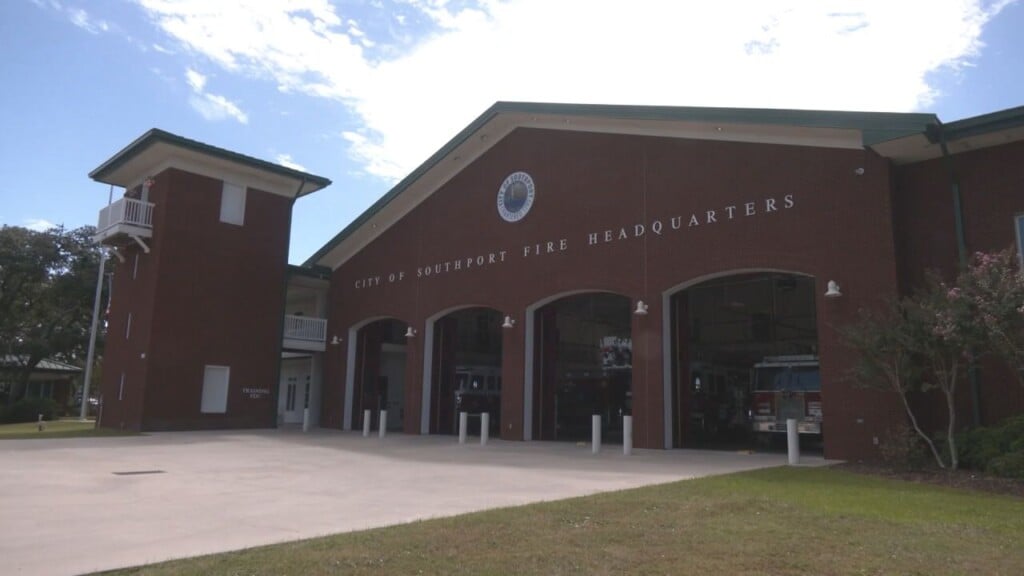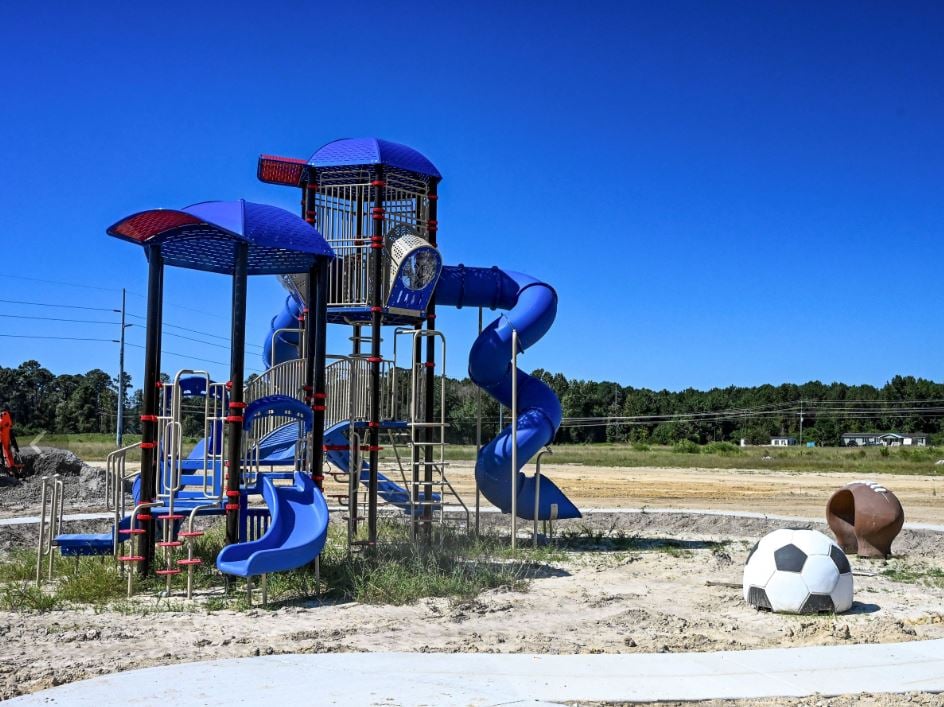Local concern about bridges and ship safety following Francis Scott Key bridge collapse
WILMINGTON, NC (WWAY) — Hours after the Francis Scott Key Bridge collapsed in the Port of Baltimore after being struck by a cargo ship, people who grew up in Maryland have been left shocked by its collapse, while officials are keeping a close watch on the ongoing situation.
For people who lived in and around Baltimore, the Key Bridge was an everyday part of life, much like the Cape Fear Memorial Bridge is for Wilmington and Leland area residents.
Jayne Donohoe grew up just north of Baltimore.
She said the impact of the bridge collapse will be felt throughout the city and along the East Coast.
“Well you feel for the people that might have been on the bridge and driving along the bridge,” Donohoe said. “Then you feel for the whole city. It’s a big port and things can’t get in and out and it’s people’s livelihood and its people’s jobs. And you just, you were devastated, you felt bad for the city of Baltimore.”
Mike McGill lives in Hampstead but lived for many years in the Baltimore metro area.
He often traveled over the bridge and put the impact of its collapse into perspective.
“Imagine if the Cape Fear Memorial Bridge was south of the port, was, had completely collapsed, blocking entry into the port and you lose that major way in and around the city,” McGill said. “Imagine what that would do here. You know, we talked about the Key Bridge growing as the freeway around Baltimore.”
WWAY reached out to the North Carolina Department of Transportation and the North Carolina State Ports to ask about safety around our port and bridges.
The NCDOT said: “Our thoughts are with all those impacted by the Francis Scott Key Bridge incident, including our colleagues in Maryland. There is still much to be learned from the tragic situation Maryland is sorting through. We will be closely monitoring as this unfolds and will apply the lessons learned appropriately in North Carolina to ensure that our citizens and businesses continue to have safe routes to travel.
In North Carolina, large cargo vessels do not navigate under bridges to access either of our ports. We have also received some inquiries associating bridge conditions in North Carolina with bridge strikes. These two concepts are unrelated and should not be compared.”
State port executive director Brian Clark also gave a statement, saying: “Our thoughts are with the Port of Baltimore, the community, those directly impacted, and the first responders still engaged in the important search and rescue work. We are monitoring the situation and are in close communication with our various partners, customers and port users as the situation continues to develop.




